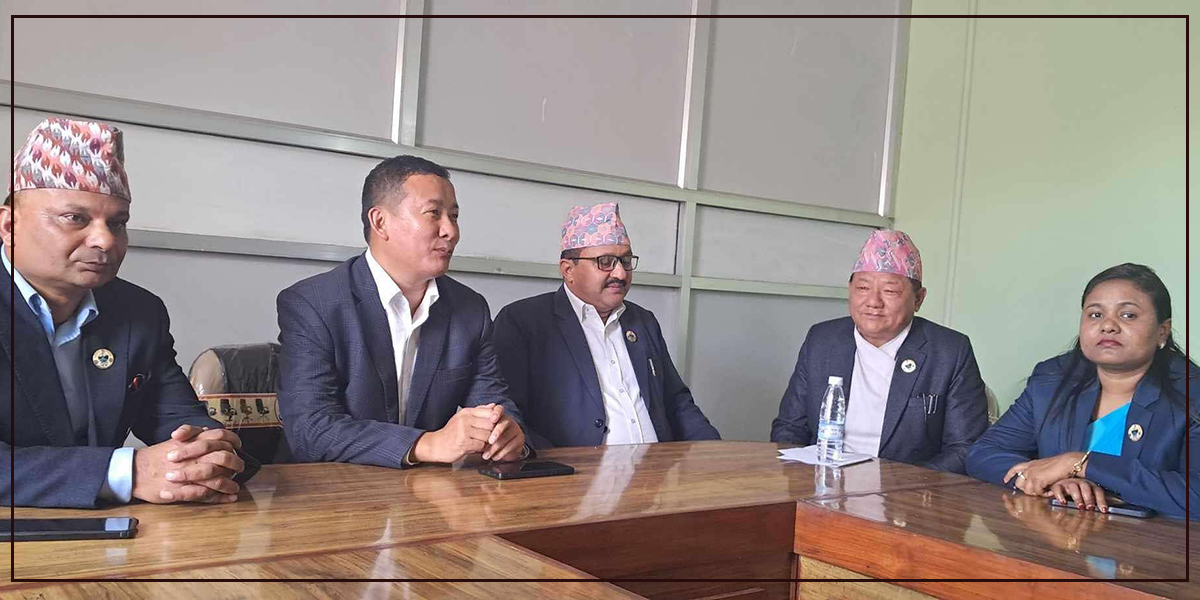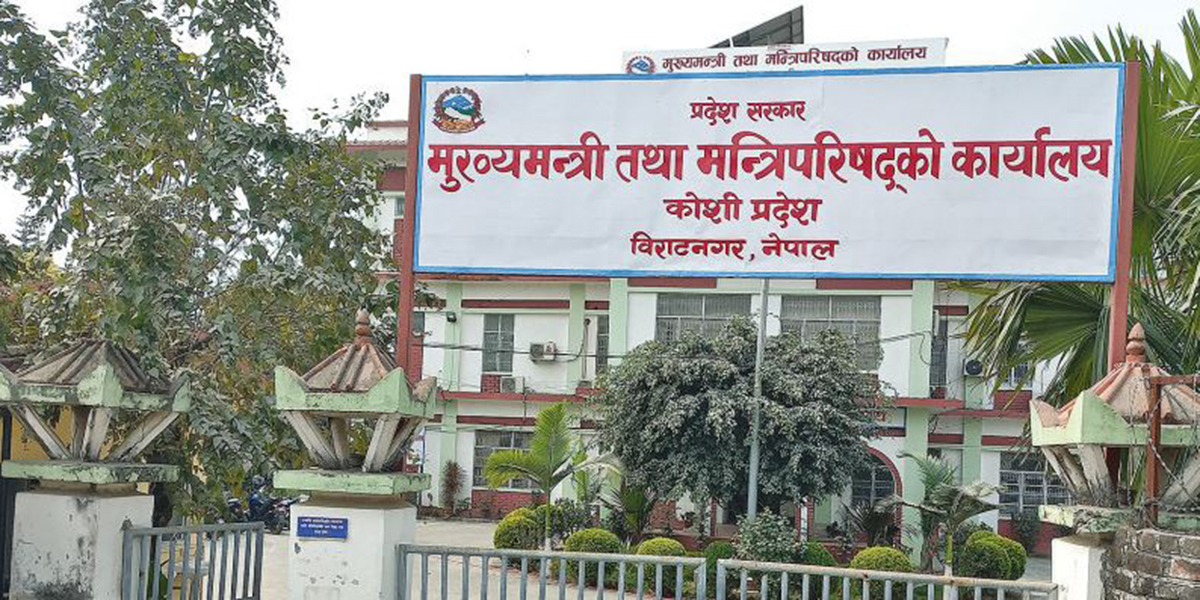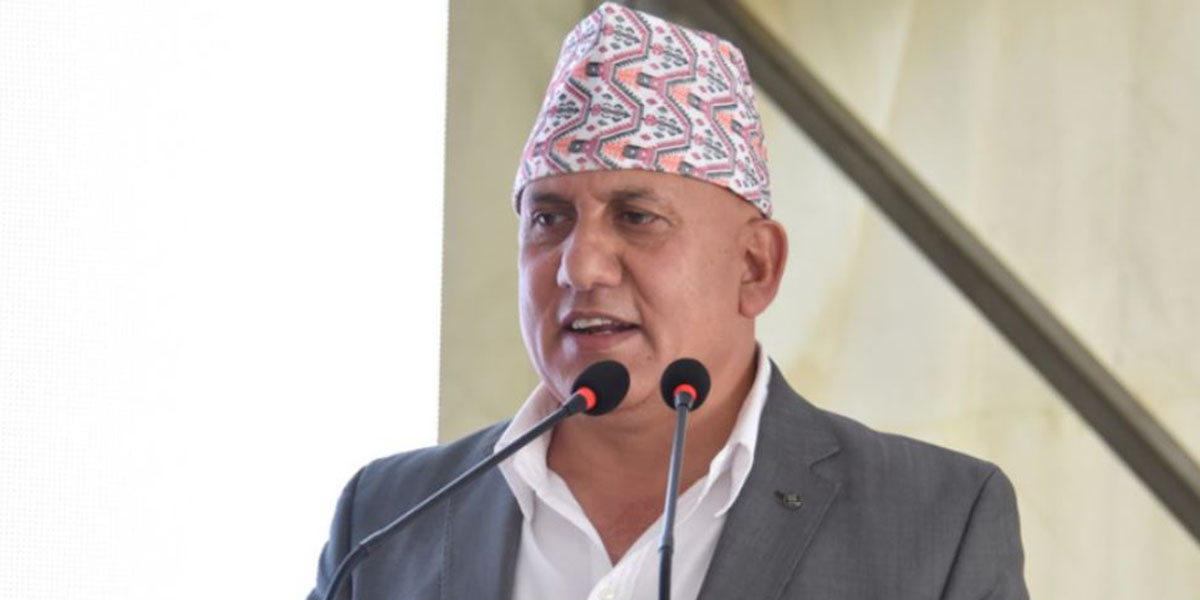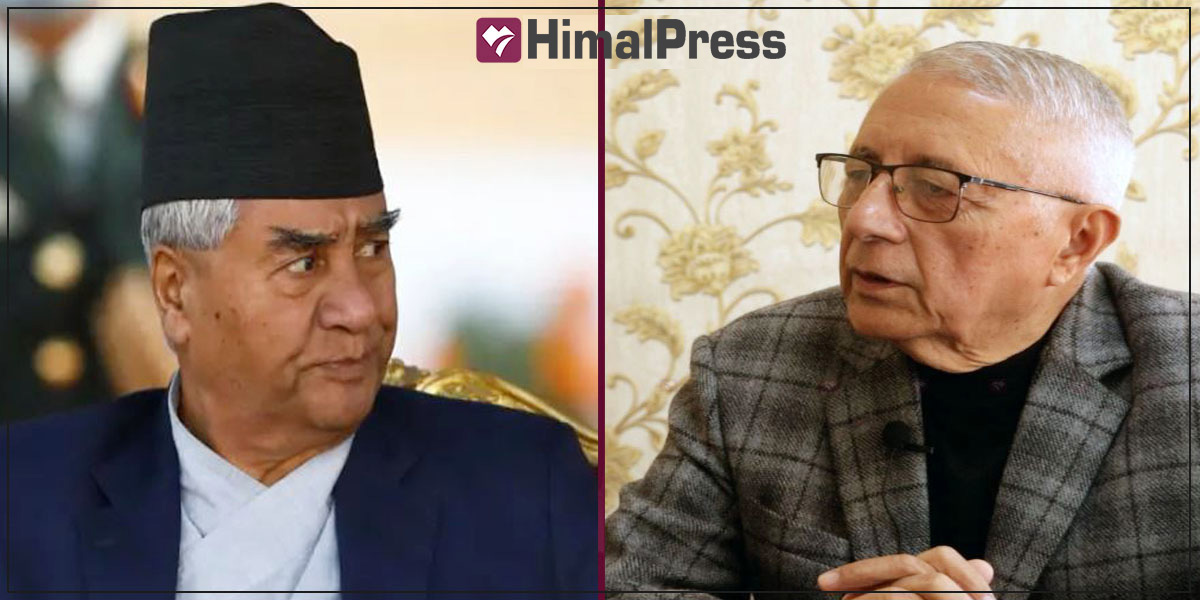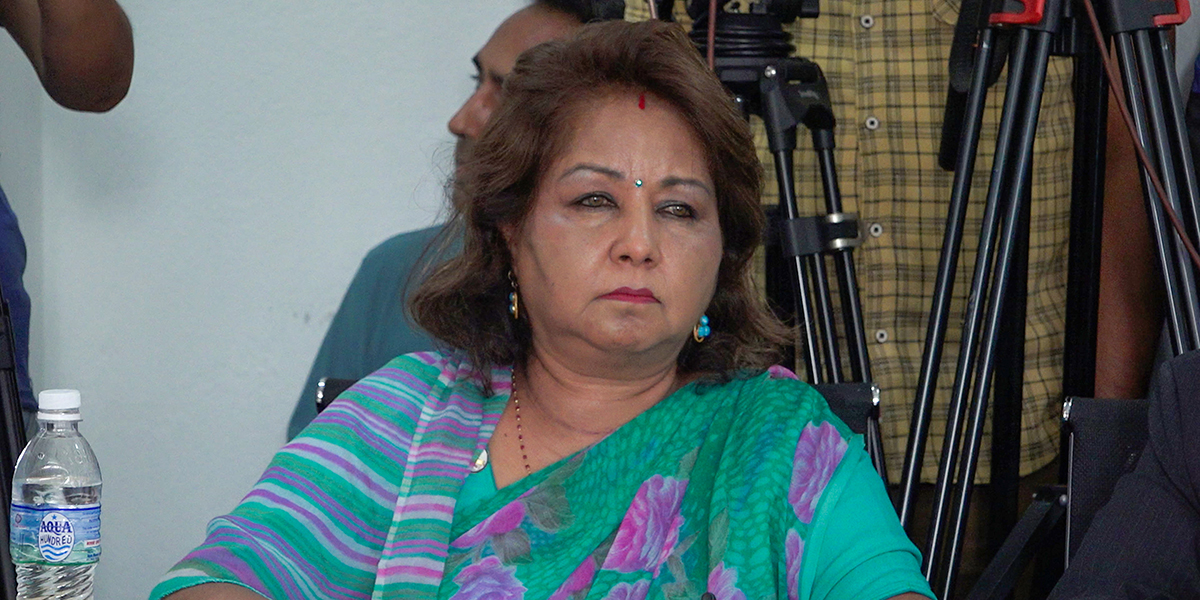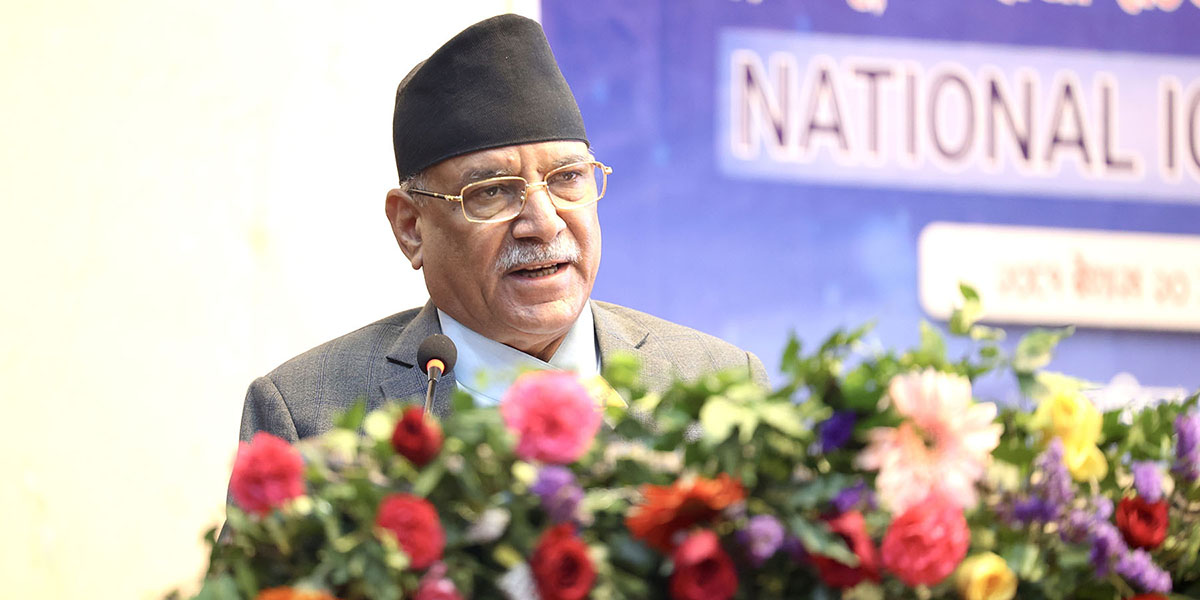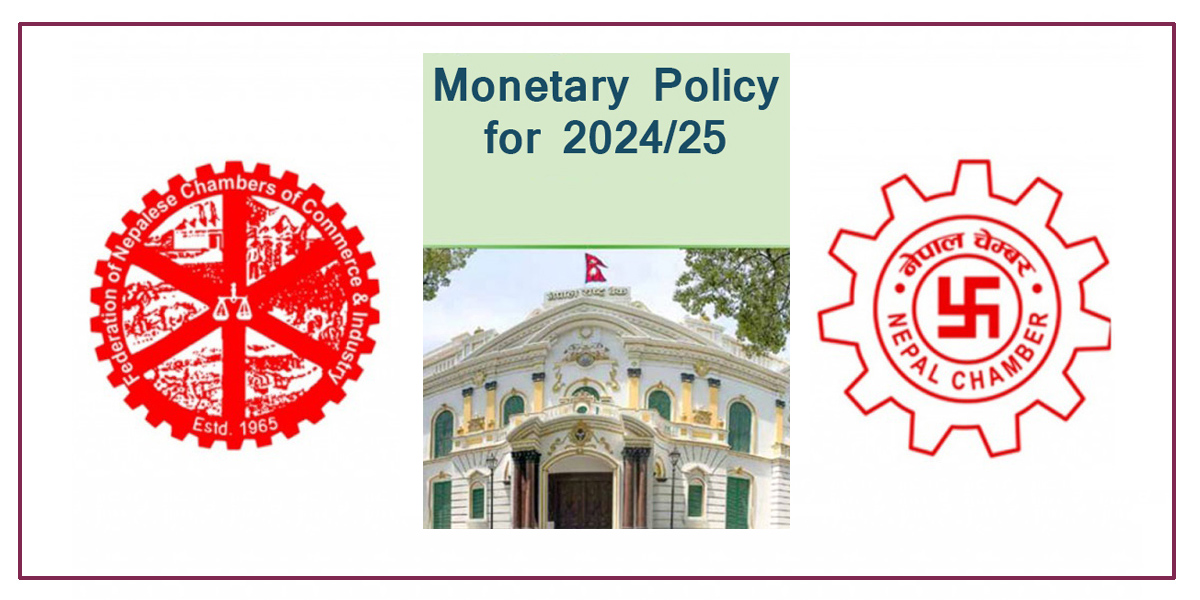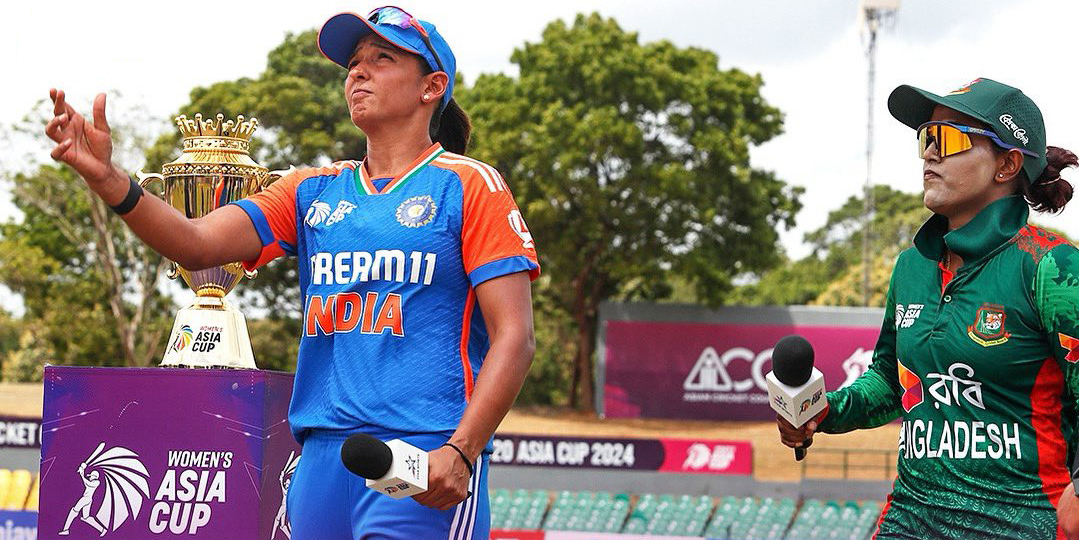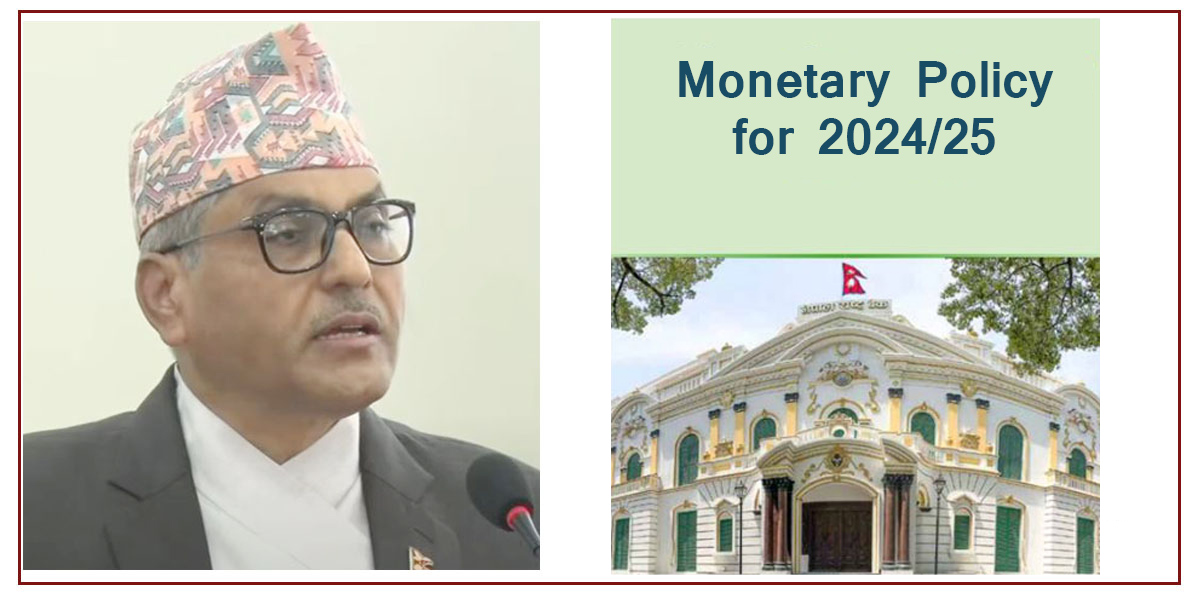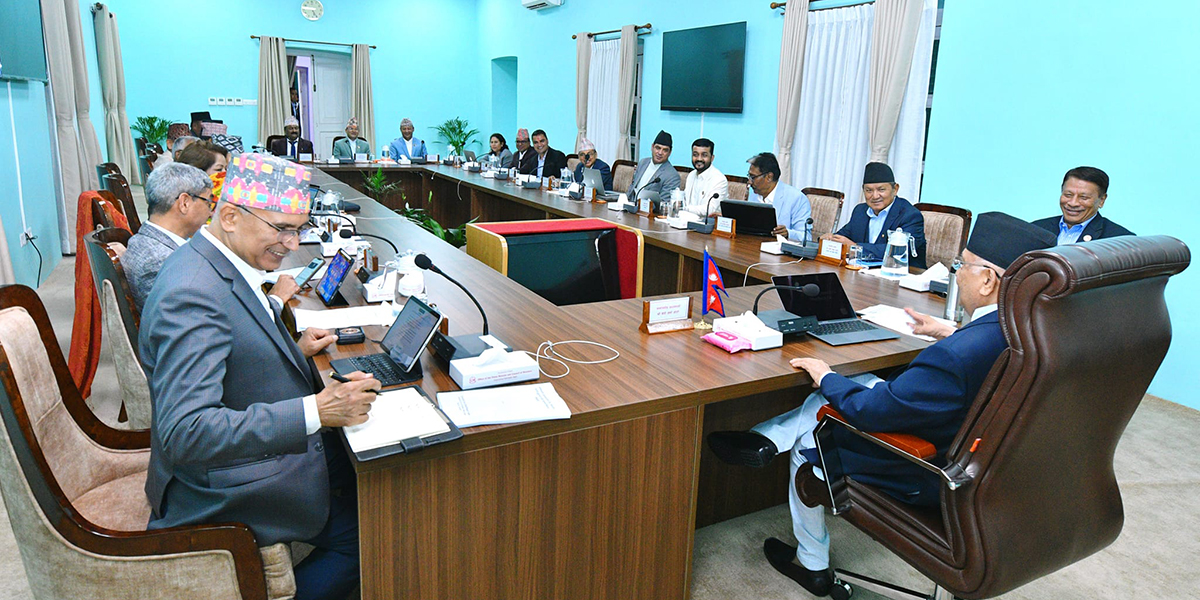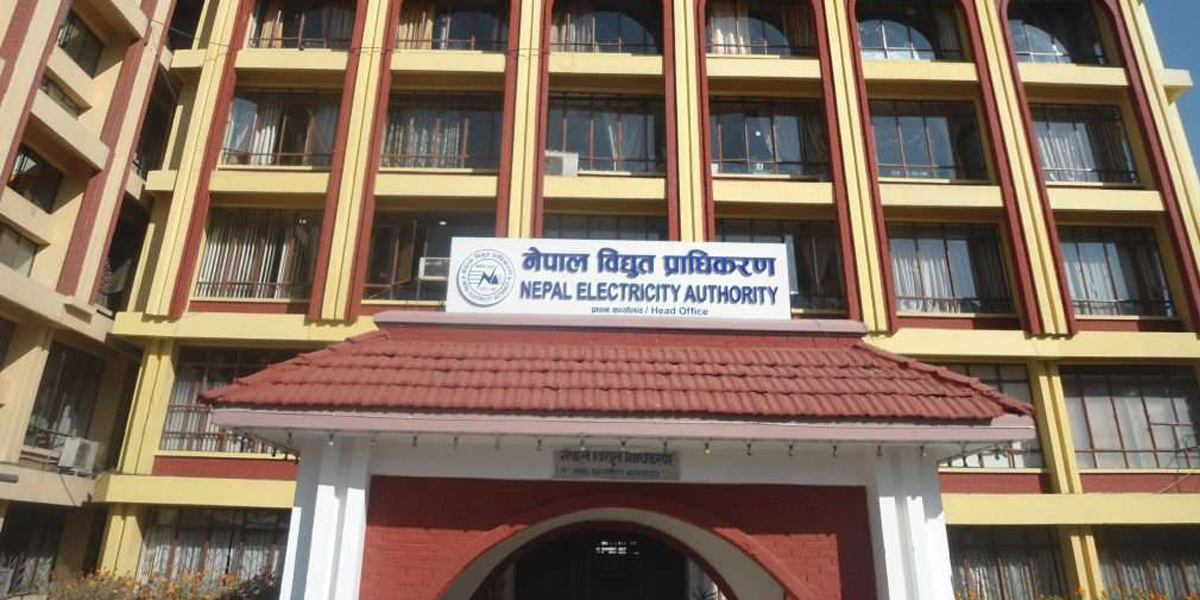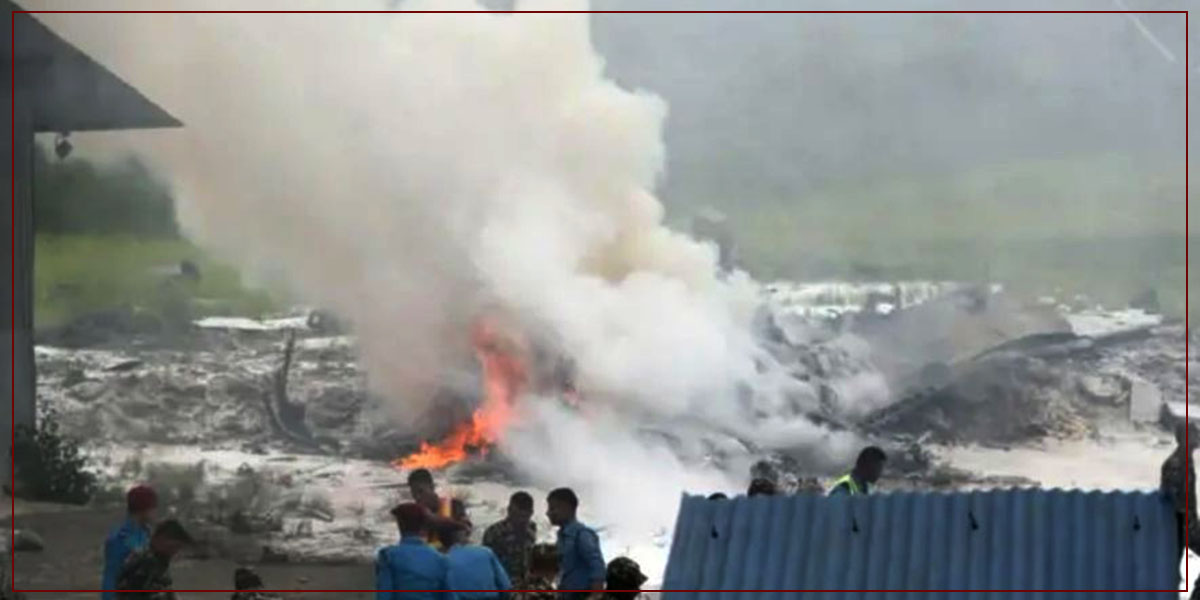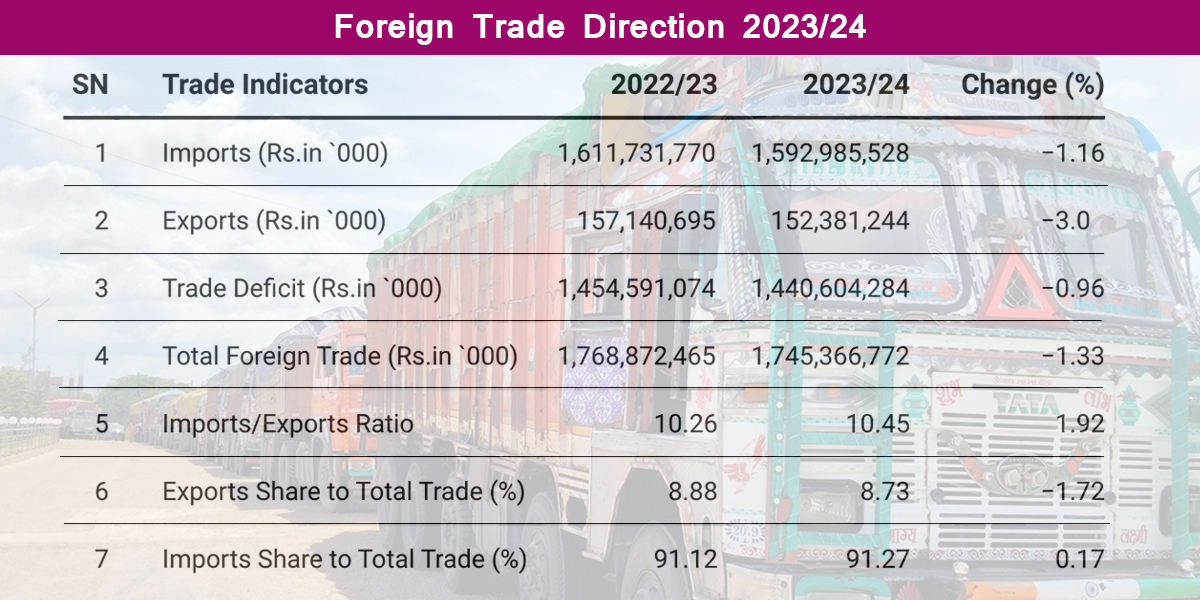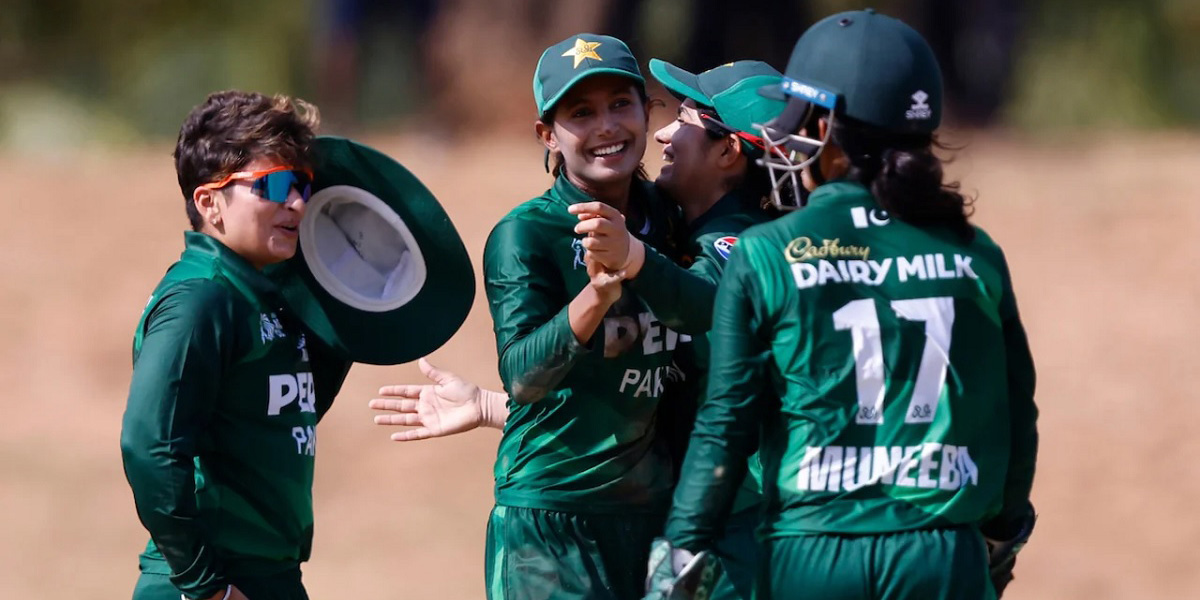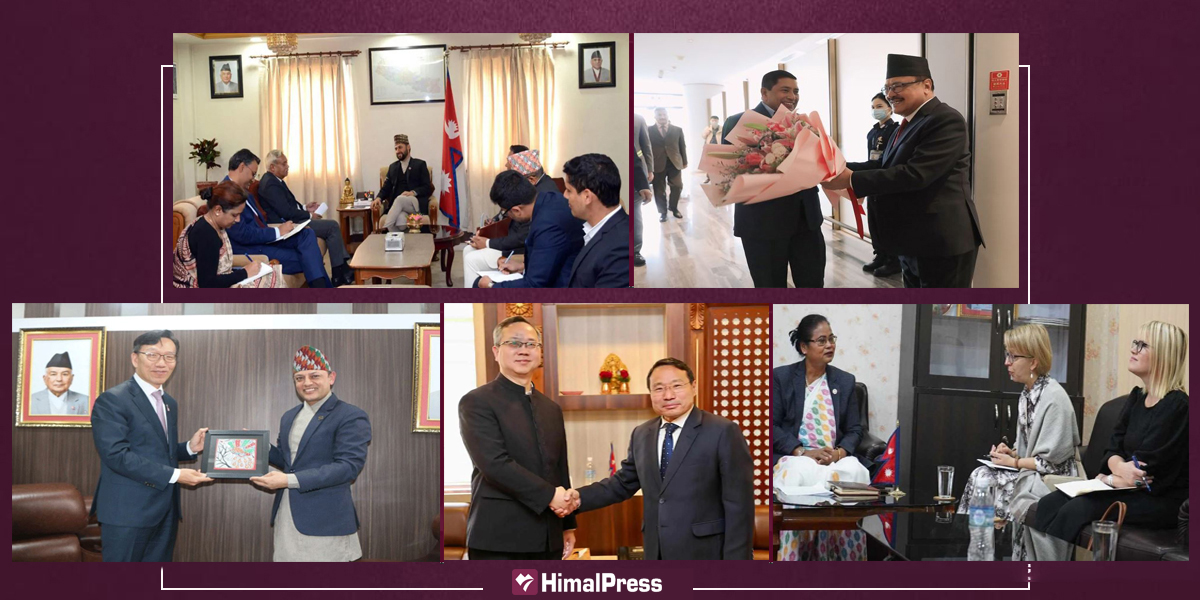
KATHMANDU: Deputy Prime Minister and Minister for Foreign Affairs, Narayan Kaji Shrestha, has concluded official discussions in neighboring China and is currently enjoying sightseeing trips across various cities and mountains. He is also scheduled to visit the Kailash Mansarovar region in Tibet before returning to Nepal.
Back in Kathmandu, other ministers are busy meeting with ambassadors. It is natural for foreign ambassadors to try to meet high-ranking officials in the country they are deputed as such activities enhance their profile. But the way our ministers are trivializing themselves to meet foreign envoys is worrying. Our ministers appear overly eager to meet with foreign envoys, with some readily agreeing to meetings on the very same day they are requested.
“There are numerous instances where ministers have arranged impromptu meetings with ambassadors. Sometimes we feel uneasy about such meetings,” a Nepali official working for a foreign mission in Kathmandu said. “Some envoys directly coordinate meeting times with the ministers.”
Most of these meetings lack substantive agendas and serve primarily as opportunities for photo-ops and media coverage. The ministers’ secretariats release statements after such meetings, enclosing photographs and quotes of ministers.
“Some ministers openly seek favors such as fellowships or travel opportunities for their cadres or relatives,” the official added.
The ease with which foreign ambassadors gain access to ministers contrasts sharply with the challenges faced by our ambassadors in meeting officials of the host countries. This easy accessibility is due to the eagerness of our ministers to meet with foreigners at a moment’s notice, often bypassing the foreign ministry.
Interestingly, our ministers easily forget the difficulty that they face while arranging meetings with high-ranking officials during their foreign trips. Deputy PM and Minister for Foreign Affairs Shrestha, for example, could meet only his counterpart in Beijing. He did not get an opportunity to pay courtesy calls on the President and the Prime Minister. In Kathmandu, however, even junior ministers from foreign countries can meet with our president and prime minister easily.
Foreign minister Shrestha received accolades when he streamlined diplomatic meetings and foreign visits by issuing a diplomatic code of conduct during his first stint in the foreign ministry. But he made a mockery of the code of conduct by allocating a whopping nine days for his China visit. Other ministers, notably Deputy Prime Minister and Minister for Home Affairs, Rabi Lamichhane, are engaging with ambassadors daily. Home ministers generally do not meet ambassadors in foreign countries. Instead of individual meetings, it would be more productive for ministers to collectively address the diplomatic corps and provide them with updates on the country’s situation.
This disregard for diplomatic norms erodes the legitimacy of the current leadership to manage diplomatic affairs. When the ministers themselves do not maintain decorum, why would foreigners feel obligated to follow diplomatic protocol? Why should they respect the code of conduct? How can this leadership expected to summon or question foreign ambassadors on issues related to national interests?
Officials of the foreign ministry have acknowledged the inappropriateness of such an extended visit of the foreign minister. With multiple ministers, including those responsible for home, health, and finance, as well as the prime minister, engaging in frequent meetings with ambassadors, it is evident that serious reforms are needed in our diplomatic meetings. If serious reforms are not undertaken, Nepal risks becoming a geopolitical pawn. This is because unnecessary people keep giving unnecessary suggestions.
There is also a troubling trend of ministers and officials primarily focusing on seeking quotas and favors from foreign visitors rather than engaging in substantive discussions. A foreign ambassador recently told this scribe that requests for visas are often the primary topic of such conversations rather than discussions about supporting new initiatives or systems. There are instances of ministerial aides encountering difficulties due to inappropriate correspondence with foreigners.
It is high time the government and political parties made serious efforts to address these issues.


